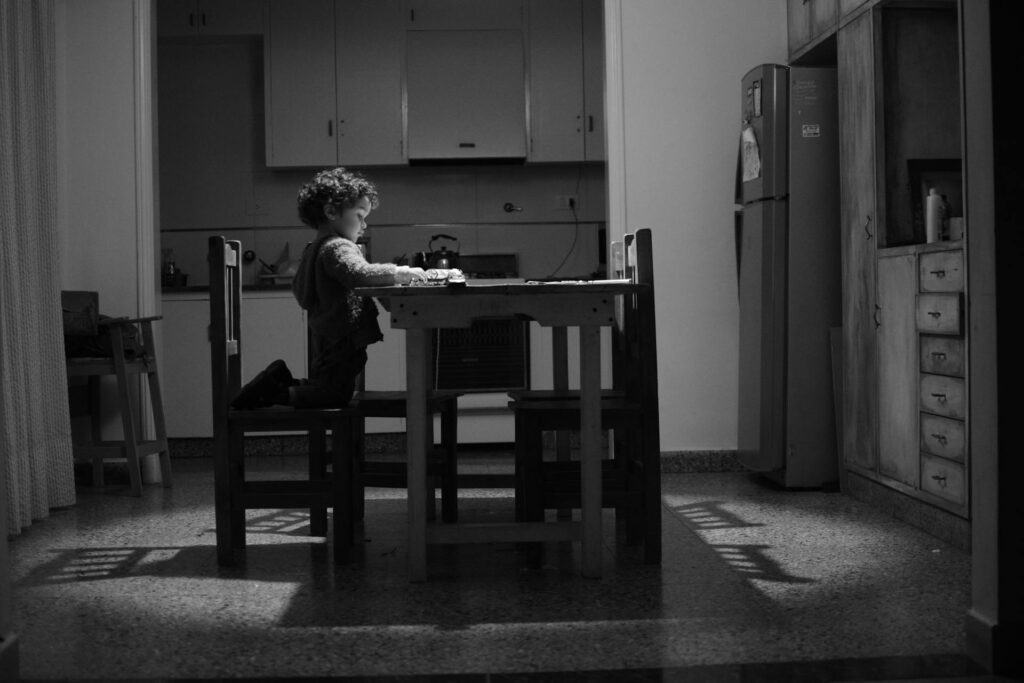California law defines domestic violence as abuse or threats of abuse against “a spouse, former spouse, cohabitant, former cohabitant, or person with whom the suspect has had a child or is having or has had a dating or engagement relationship.” This doesn’t just apply to intimate partners. Domestic violence victims may also include a child of either party and any other person related by blood or marriage within the second degree.
Domestic violence can be perpetrated emotionally, physically, sexually, psychologically, financially, or through technological actions. Forms of abuse include harassment, stalking, threats, and any action or pattern of behavior that makes someone reasonably afraid that they or someone else is in imminent danger.
If you are experiencing domestic violence, you are not alone. Data from the U.S. Centers For Disease Control And Prevention (CDC) indicates that “about 41% of women and 26% of men experienced contact sexual violence, physical violence, or stalking by an intimate partner during their lifetime and reported a related impact.”
Domestic violence allegations can significantly influence divorce proceedings in California, especially regarding child custody and financial settlements. It is important that you understand your rights, and seek protection and strong legal representation.
Seeking Protection In A Divorce Involving Domestic Violence
If you are in immediate danger, call 911 and seek safety now.
Our experienced family law attorneys at Kaspar & Lugay LLP will take immediate action to request a domestic violence restraining order (DVRO) to protect you and your children, property, or pets. A domestic violence restraining order issued during divorce proceedings sets boundaries on contact and communication and can limit the restrained person’s access to joint assets and property.
A domestic violence restraining order may include the following orders:
- No contact, harassment, stalking, or threats.
- Stay away by a certain distance.
- Move out of a shared residence.
- No possession or purchase of firearms, ammunition, or body armor.
- Pay spousal support, if legally married.
- Pay child support, if parties have children together.
Evidence & Standard Of Proof For Domestic Violence Claims In Family Court
The standard of proof for domestic violence in family court is “a preponderance of the evidence”. This is a lower threshold than the “beyond a reasonable doubt” standard of proof required in criminal court, but credible and consistent evidence remains essential to supporting your claim.
Evidence of domestic violence may include police reports, medical records, photographs of injuries or damaged property, eyewitness testimonies, and communications (texts, emails, voice messages) demonstrating abuse.

How Domestic Violence Allegations Affect Child Custody
Children who experience or witness domestic violence are at a high risk of developing profound long-term psychological issues. California courts consider allegations of domestic violence in determining child custody arrangements, even if the allegations do not result in a conviction. The judge must issue a custody order that serves the best interests of the child. If the judge grants custody or unsupervised visitation to the parent accused of domestic violence, the judge must explain their reasoning.
Under California Family Code Section 3044, if a parent has been found guilty of perpetrating domestic violence within the last 5 years against the other parent, the child, or a sibling of the child, a rebuttable presumption is made that awarding sole or joint legal or physical custody to the parent who committed domestic violence would not be in the best interests of the child.
This presumption may be rebutted, but only if the parent who committed domestic violence presents clear and convincing evidence that granting them custody is in the best interests of the child. The court will carefully evaluate a range of factors, such as whether the parent has successfully completed a batterer’s treatment program, parenting classes, or substance abuse counseling; complied with any protective or restraining orders; fulfilled the terms and conditions of probation or parole; and refrained from committing any further acts of domestic violence. The court may order supervised visitation or limit visitation rights of the abusive parent to protect the child’s safety and well-being.
How Domestic Violence Allegations Affect Asset Division & Spousal Support
California is a community property state, which means that all assets and debts acquired over the course of marriage are typically divided equally between spouses upon divorce. However, domestic violence may impact the division of community property. A spouse may be awarded financial compensation or a higher share of marital assets if the court finds sufficient evidence, under the standard of a preponderance of the evidence, that the abuse occurred and economically impacted the victim. Such economic impact may include medical expenses resulting from injuries or loss of income due to the inability to work.
The court may order the abusive spouse to pay a higher portion of the legal fees, especially if the domestic violence allegations prolonged the divorce process or necessitated additional legal resources.
If the spouse has been criminally convicted of domestic violence against the other spouse within five years before the divorce filing or any time after that, this will heavily influence the court’s decision regarding spousal support. Under California Family Code Section 4320, the courts may reduce or deny spousal support for a spouse that has a history of domestic violence. Under California Family Code Section 4325, there is a rebuttable presumption against awarding spousal support to the abusive spouse. In most cases, the Family Code bars courts from ordering abuse victims to pay their abusers spousal support in these situations.
Speak To An Experienced Domestic Violence Attorney Today
If you or someone you love is being abused or has been accused of abuse, call Kaspar & Lugay LLP today to speak to an attorney.
Call Us Today: 415-789-5881
Request A Consultation: https://www.kasparlugay.com/contact/


